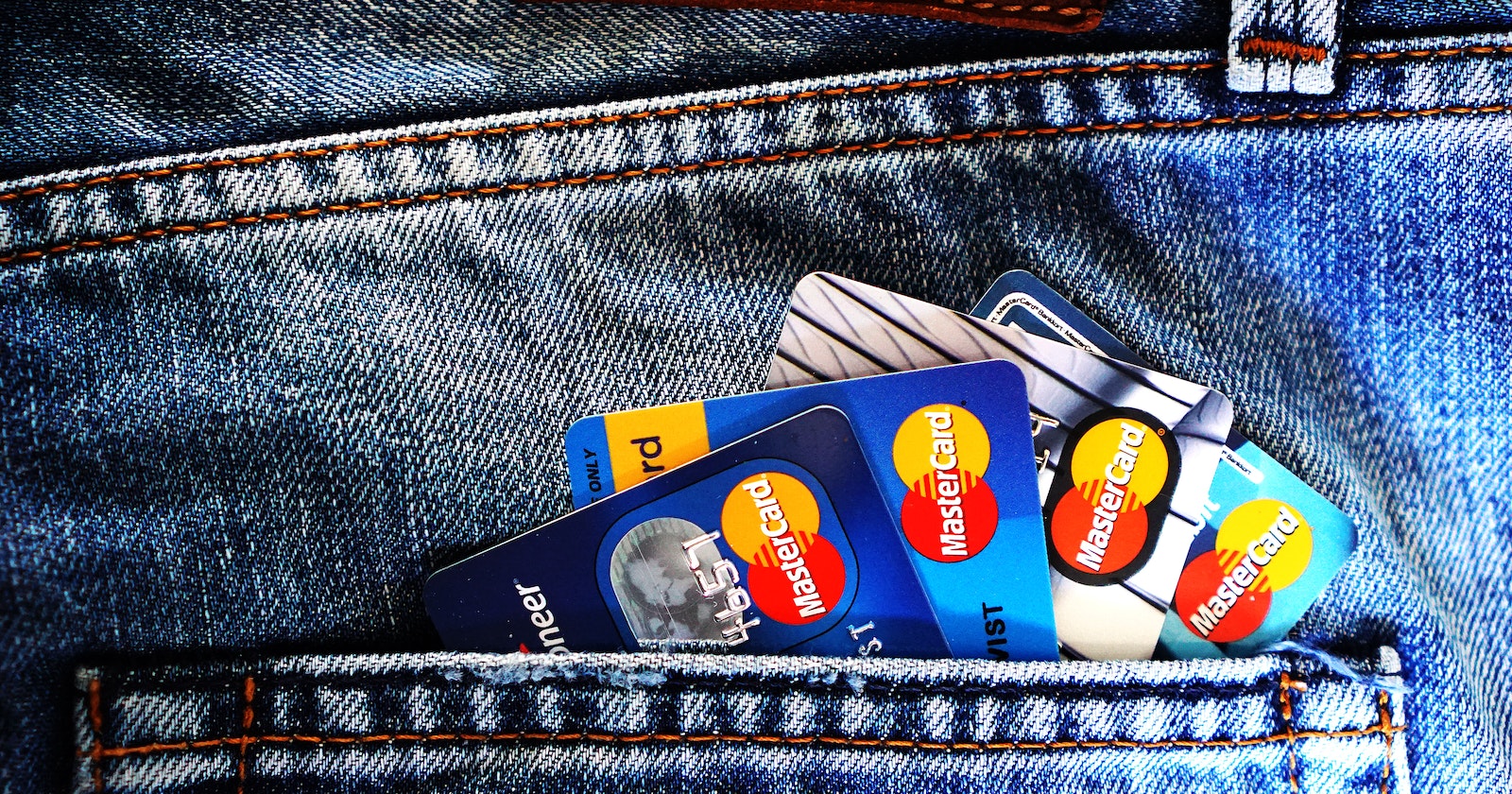Having a good credit score is essential for financial success. It can affect your ability to get a loan, rent an apartment, or even secure a job. If you’re looking to improve your credit score quickly, you might be wondering if it’s possible to achieve a 700 credit score in just 30 days. While it may be challenging, it’s not entirely impossible.
In this article, we will explore the steps you can take to improve your credit score within a month and set yourself on the path to financial success.
Understanding Credit Scores
Your credit score is a three-digit number that represents your creditworthiness. It is a numerical reflection of your credit history and helps lenders assess the risk of lending you money. Credit scores typically range from 300 to 850, with higher scores indicating better creditworthiness. A credit score of 700 or above is generally considered good and can open doors to better financial opportunities.
A credit score is a statistical analysis of your credit history, financial behavior, and borrowing patterns. It is calculated based on various factors, including your payment history, credit utilization, length of credit history, credit mix, and new credit inquiries. Credit scoring models, such as FICO and VantageScore, use complex algorithms to determine your credit score.
Importance of a good credit score
A good credit score is crucial because it demonstrates your ability to manage credit responsibly. Lenders use it to evaluate your creditworthiness and determine the interest rates and terms they will offer you. A higher credit score can result in lower interest rates, better loan terms, and increased access to credit products.
Factors Affecting Credit Scores
To improve your credit score, you must understand the factors that influence it. Here are the key elements that affect your credit score:
Payment history
Your payment history is the most crucial factor in determining your credit score. It accounts for approximately 35% of your overall score. Making timely payments on your credit accounts, such as loans and credit cards, is essential for maintaining a good credit score.
Credit utilization
Credit utilization refers to the percentage of your available credit that you’re currently using. It has a significant impact on your credit score, accounting for about 30% of the total. Keeping your credit utilization below 30% is generally recommended for a healthy credit score.
Length of credit history
The length of your credit history is another important factor. It considers the age of your oldest credit account, the average age of all your accounts, and the age of your newest account. A longer credit history indicates more experience with managing credit and can positively impact your credit score.
Credit mix
Having a diverse mix of credit accounts, such as credit cards, loans, and a mortgage, can be beneficial for your credit score. It accounts for approximately 10% of your credit score. However, it’s important to only take on credit you can manage responsibly.
New credit inquiries
Whenever you apply for new credit, it generates a hard inquiry on your credit report. Multiple inquiries within a short period can negatively impact your credit score. Aim to limit new credit applications to avoid potential score drops.
Steps to Improve Your Credit Score
Improving your credit score requires a systematic approach. Here are the steps you can take to boost your credit score within 30 days:
Review your credit report
Start by obtaining a copy of your credit report from each of the major credit bureaus: Experian, Equifax, and TransUnion. Review the reports carefully, checking for any errors or inaccuracies. Dispute any discrepancies you find, as they can negatively impact your credit score.
Pay your bills on time
Paying your bills on time is crucial for maintaining a good credit score. Set up automatic payments or reminders to ensure you never miss a payment. Even a single late payment can significantly affect your credit score.
Reduce your credit utilization
Lowering your credit utilization can have a positive impact on your credit score. Aim to keep your credit card balances below 30% of the available credit limit. Consider paying down debt or increasing your credit limit to achieve a lower utilization ratio.
Maintain a diverse credit mix
Having a mix of different credit accounts, such as credit cards, loans, and a mortgage, can demonstrate your ability to manage various types of credit. However, only take on credit you can handle responsibly.
Limit new credit applications
Each new credit application generates a hard inquiry on your credit report, which can lower your score. Be cautious about applying for new credit within a short period. Focus on building a positive credit history with your existing accounts instead.
Consider a credit-builder loan or secured credit card
If you’re struggling to qualify for traditional credit, consider options like a credit-builder loan or a secured credit card. These tools can help you establish or rebuild credit when used responsibly.
Dispute any errors on your credit report
If you find any errors or inaccuracies on your credit report, file a dispute with the credit bureaus. Correcting these errors can potentially increase your credit score.
Keep old accounts open
Closing old credit accounts may negatively impact your credit score, especially if they have a long history of positive payment behavior. Keep these accounts open and active, even if you no longer use them frequently.
Monitoring Your Progress
As you implement the steps to improve your credit score, it’s essential to monitor your progress. Here’s how you can do that:
Check your credit score regularly
Keep track of your credit score by checking it regularly. There are various free credit score monitoring tools available that can help you stay updated on any changes.
Track improvements over time
Monitor how your credit score improves over time as you implement good credit habits. Celebrate small victories and use them as motivation to continue on your path to a better credit score.
Remember, building credit is a gradual process, and significant improvements take time. However, by following these strategies diligently for 30 days, you can make substantial progress towards achieving a 700 credit score. Stay disciplined, stay informed, and watch your credit score soar to new heights.
Conclusion
Achieving a 700 credit score in just 30 days is a challenging task, but with dedication and the right strategies, it’s possible to make significant improvements. Understand the factors that affect your credit score, implement good credit habits, and monitor your progress regularly. Remember, building a good credit score is a long-term journey, and consistency is key.
Disclaimer: The information provided in this article is for educational purposes only and should not be considered financial advice. Consult with a qualified financial professional for personalized guidance regarding your specific situation.
FAQs
Can I really improve my credit score in 30 days?
While it may be challenging to achieve a substantial increase in your credit score within 30 days, implementing good credit habits can set you on the right path. Consistency and long-term commitment are vital for lasting improvements.
How long does it take to build good credit?
Building good credit takes time and depends on various factors, including your current credit history and financial behavior. It typically takes several months, if not years, to establish a solid credit history.
Should I close old accounts to improve my credit score?
Closing old credit accounts can potentially lower your credit score, especially if they have a positive payment history. It’s generally advisable to keep these accounts open and active, even if you no longer use them frequently.
What if I have a limited credit history?
If you have a limited credit history, focus on building a positive credit profile. Start by obtaining a secured credit card or credit-builder loan and make timely payments. Over time, your credit history will expand, and your credit score will improve.
Can a credit repair company help me improve my credit score?
Credit repair companies claim to fix your credit issues, but they often charge hefty fees for services you can do yourself. It’s best to educate yourself about credit-building strategies and work directly with creditors and credit bureaus to resolve any disputes or errors on your credit report.



